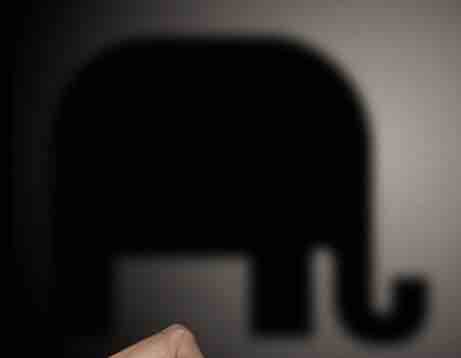President Trump has been endlessly mocked for his reality-show stunts and attacked for his willful disregard for the facts (to choose one example of many, the hundreds of times we were “rounding the bend” on the coronavirus).
But what most critics have missed is that the disconnect from reality is a feature, not a bug. It is not a flaw to be corrected, because without it, Mr. Trump would never have become president in the first place. And even now, in the dying moments of his presidency, every accusation of voter fraud, no matter how implausible, seems to him preferable to the fact of defeat.
A former reality TV star, Mr. Trump filled the White House with media personalities (often, like John Bolton, the former national security adviser, someone the president saw on Fox) and ran the administration almost like a TV series, shaped by the beats — conflict, crisis, resolution, as with parts of the North Korean diplomacy — and even common settings (the use of the White House itself as a political campaign prop) of conventional narrative stories.
Over and over again, Mr. Trump has striven to produce a vision of political events plausible enough to be absorbing, but without the drab and pain of reality. The problems of a typical president were political in nature; for Mr. Trump, though, they seemed like technical problems of storytelling.
A key was to create deeply immersive story lines without allowing them to crash against the limits of reality. He was often successful, convincing his followers that they were living in a new country — even when very little of substance had actually been accomplished. His executive orders, for example — like one that pledged to protect people with pre-existing medical conditions — were often less acts of government than narrative tricks.
About a year ago, during a rally in Minneapolis, Mr. Trump addressed his followers with wistful eagerness, recalling the night of his 2016 victory: “That was one of the greatest nights in the history of television.” It was one of the most revealing moments of his years in the White House: His presidency, it seemed, was not an event in the political history of the country, but an event in the history of television.




